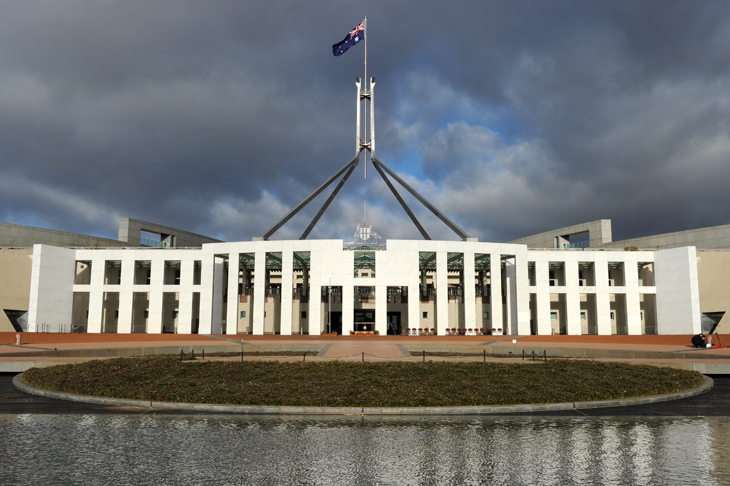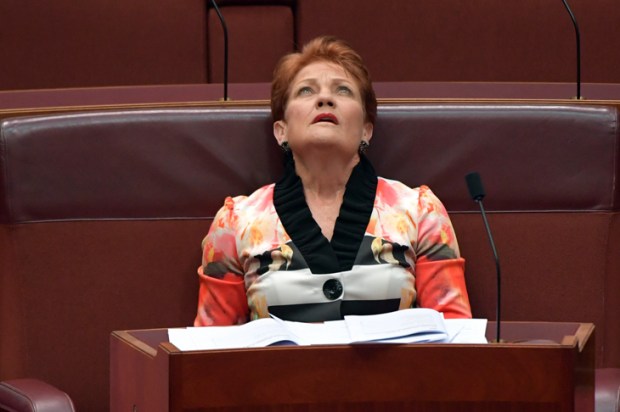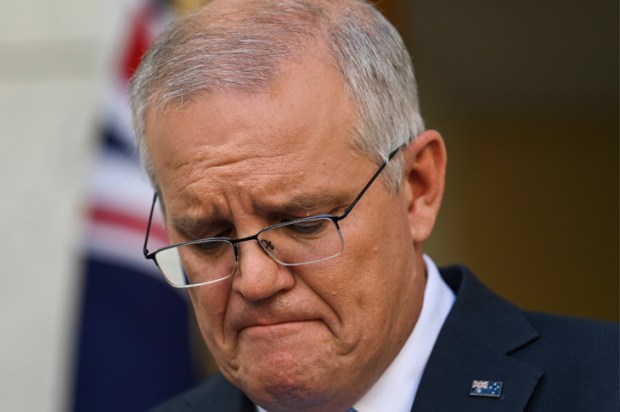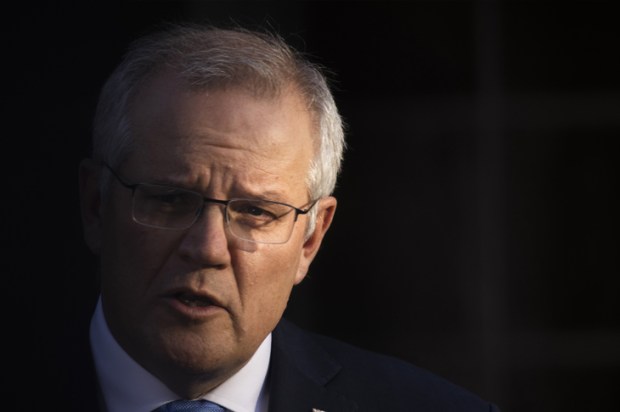Big government bounces back
Despite its spending spree in the Budget, the federal government would do well to remember that the Australian electorate is simultaneously demanding of governments and yet not necessarily grateful when those demands are met. On the demand side there seems to be an assumption in the electorate, and one encouraged by much of the media, that all social and economic problems in the community, from road safety to domestic violence, can be solved by government action and by government expenditure, even when there is considerable evidence to the contrary.
This view appears to be particularly strongly held in relation to the federal government but there is a paradox in these high expectations – almost all individual members of the community reject the proposition that their own tax burden should be increased to fund such expenditures. There seems to be a disconnect in the public mind between the concepts of revenue and expenditure, founding a belief that government spending operates independently of the amounts raised by taxation.
The same disconnect is reflected in the approach of special interest groups that plead constantly for still further funds to be spent on their constituencies. Many of these proposals are, of course, very worthy causes, such as aged care, disability services and social housing, but their proponents invariably put forward their case in isolation and without any consideration of what would be the impact on the Budget overall if every one of these proposals were accepted.
These problems are compounded at the federal level by the fact that it is now almost impossible for any government to obtain a majority in the Senate so that it is required to negotiate endlessly with the minor parties and independents who constitute the balance of power in that chamber. In general, these groups and individuals have no interest in the Budget as a whole but pursue their own sectional interests which the government of the day is often forced to accommodate. The fact that Tasmania and South Australia have the same number of senators as NSW and Victoria was no doubt one of the prices of federation but it has proved to be a very expensive one, given how easy it is for candidates with very limited agendas to be elected from the smaller states.
The idea that government should be involved in and responsible for almost every aspect of a person’s life would meet considerable opposition in the US but it is broadly accepted on both sides of politics in Australia. Over recent decades the Liberals in Canberra have abandoned any notions of small government and have expanded the federal government’s regulation of all manner of disparate activities, from sporting bodies to charities. With this jungle of regulation comes the cost of administering it, in these cases setting up and funding a national sports tribunal and a national body overseeing the operation of charities.
The idea of a balanced Budget has, of course, disappeared from political debate because of the events of the last year but, even before that, it was not something that had carried any appeal for the electorate for many years. In the 1950s Prime Minister Menzies made as a centrepiece of some of his election campaigns the question ‘Where is the money coming from?’ This was in response to very modest proposals by Labor for increased social security expenditures and the question seemed to strike a chord with the electorate. Not any longer. Its view now is that it is up to governments to find the money and, as already noted, there is no acceptance of the fact that all expenditure must ultimately be funded by taxation.
A somewhat similar attitude can be found in much of the community to the question of superannuation. For many people, assuming that they own their own home, this problem is solved by the availability of the aged pension which transfers the burden to younger taxpayers. To some extent, of course, the means test for the aged pension encourages people to dissipate their assets outside the family home so as to qualify for the pension. With people living longer on average, the aged pension, already a very significant item in the federal budget, will become an even larger component over coming years.
None of this largesse on the part of the federal government appears, however, to inspire a great deal of gratitude in the electorate. Decades of consistent economic growth have meant that most voters have never experienced a recession of any severity or indeed a recession of any kind. They seem to assume this has always been the case and that ever-increasing government expenditure is something to be taken for granted and simply the normal course of events. There was, for example, a very substantial increase in funding for childcare – by way of subsidies for those using childcare centres – in the federal Budget but will the beneficiaries of these grants take them into account at an election in twelve months’ or even six months’ time?
It might be thought that one exception to a generally unquestioning and self-interested electorate existed in the approximately ten per cent of voters who support the Greens. But one of the most striking features of the Greens’ policies is that, even in the unlikely event of their being implemented, they would have no financial impact on most of their supporters. Who amongst Green voters would be affected by open borders, mine closures or higher corporate taxation? The answer is very few, living as they do in inner-city areas, particularly in Melbourne and Sydney, and largely employed in tertiary sectors of the economy, very often in the public sector. Being a Green voter is a wonderful opportunity to at the same time bask in self-righteousness and still enjoy complete financial security.
Australia’s politicians may seem overall to be a rather cynical group but in many ways they are the product of a rather cynical electorate. This is an electorate that believes firmly in big government – as long as someone else is paying for it.
Got something to add? Join the discussion and comment below.
Get 10 issues for just $10
Subscribe to The Spectator Australia today for the next 10 magazine issues, plus full online access, for just $10.
You might disagree with half of it, but you’ll enjoy reading all of it. Try your first month for free, then just $2 a week for the remainder of your first year.














Comments
Don't miss out
Join the conversation with other Spectator Australia readers. Subscribe to leave a comment.
SUBSCRIBEAlready a subscriber? Log in